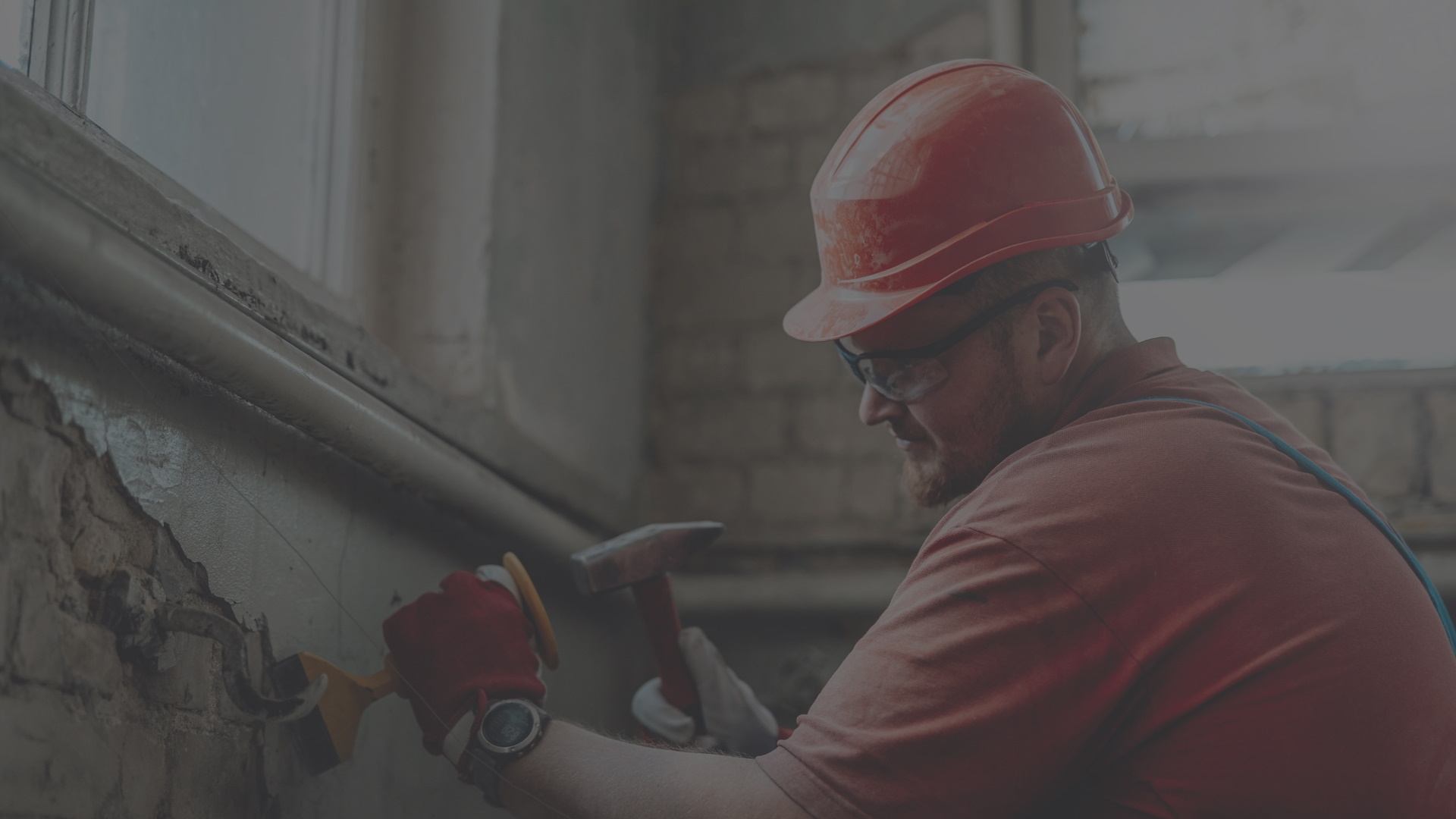When it comes to property ownership, one of the smartest moves you can make is investing in regular maintenance. Just like a car needs servicing, properties require consistent care to ensure they stay in great shape, maintain their value, and provide a safe, comfortable environment for those who live or work there. A little attention now can save big costs—and headaches—down the line.
Why Property Maintenance Matters
Property maintenance is more than just fixing things when they break. It’s a proactive approach to preventing issues, extending the life of your property’s features, and avoiding the surprise costs that come with neglected repairs. Here are a few reasons why regular property maintenance is essential:
- Preserving Property Value
Your property is a significant investment, and regular upkeep ensures it retains its value. Well-maintained properties not only look better but also tend to have a higher market value compared to those that show signs of neglect. Routine maintenance prevents small issues from becoming major, costly problems. - Increasing Safety and Comfort
Maintenance is essential for safety, whether it’s ensuring that the electrical systems are functioning correctly or that flooring is in good condition. A well-maintained property also provides a more comfortable environment—there’s nothing like peace of mind knowing everything is functioning as it should. - Reducing Long-Term Costs
Many homeowners and landlords see maintenance as an expense, but it’s a long-term saving strategy. Fixing a minor leak before it causes water damage, for example, is far more affordable than addressing structural repairs down the road. Regular maintenance helps you stay ahead of costly repairs and keeps your property running efficiently.
Key Areas of Property Maintenance
Every property has unique needs, but some areas benefit the most from regular maintenance. Here are a few key areas to focus on:
- Plumbing: Regular checks for leaks, clogged drains, and water pressure issues can prevent serious water damage and high repair bills.
- Electrical Systems: Ensuring that wiring, outlets, and fixtures are up to code keeps your property safe and reduces the risk of fires or short circuits.
- Heating and Cooling: Seasonal maintenance of HVAC systems not only extends their lifespan but also keeps your energy bills down.
- Floors and Carpentry: From fixing squeaky floors to tightening loose railings, keeping your flooring and woodwork in good condition prevents wear and tear and maintains property appeal.
- Exterior Maintenance: Regularly inspecting the roof, gutters, and paint can protect against weather damage and keep the property looking fresh.
DIY vs. Professional Maintenance
While there are some property maintenance tasks you can handle yourself—like basic cleaning or changing light bulbs—many tasks benefit from professional attention. Plumbing, electrical work, and anything involving structural repairs are best handled by qualified experts to ensure safety and quality. Professionals can often spot potential problems you might miss, and they have the tools and expertise to fix them effectively.
Staying Ahead of Issues
Property maintenance doesn’t have to be overwhelming or time-consuming. By creating a simple maintenance schedule, you can keep track of what needs to be done on a regular basis. Setting reminders for seasonal tasks like gutter cleaning, HVAC checks, and safety inspections can help you stay ahead of issues, ensuring your property stays safe, comfortable, and valuable over time.

